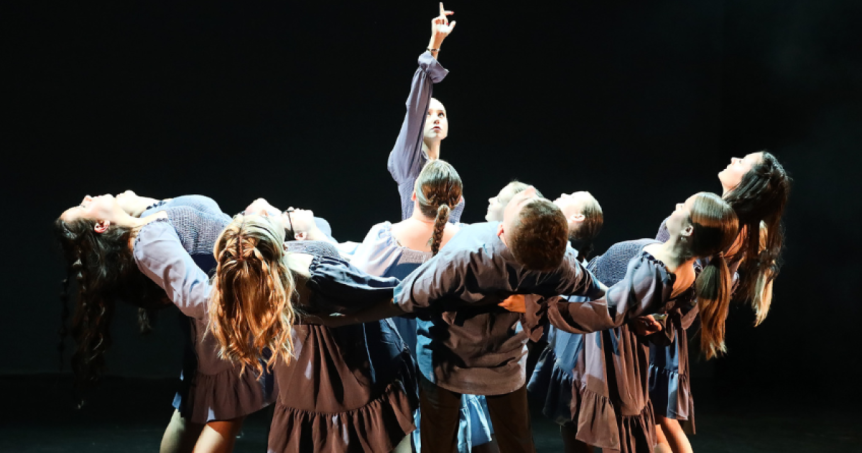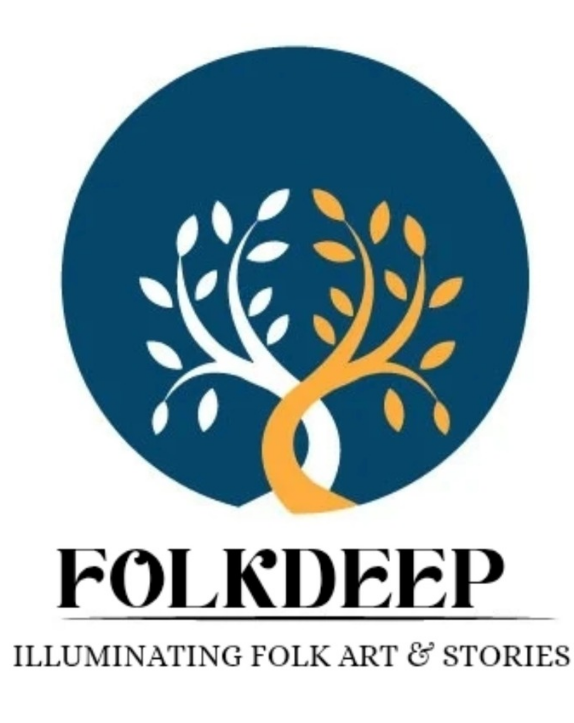Eventually you decide to come to Belfast?
I have to say that when I first arrived in Belfast it was a complete culture shock for me. I had never really been outside Delhi before so this was a huge change. I was quite scared to begin with.
I came here to do a course, a Master’s in Arts Management with Ali FitzGibbon at Queens University. During the course I got to look at a series of questions regarding the ideas of culture, particularly how culture is perceived elsewhere, for example, how Indian culture is perceived here.
I also got to learn about local arts and creative organisations. I worked as a marketing intern for DU Dance NI, with Young at Art as a workshop facilitator and I worked as a freelance dancer with Arts Ekta on their South Asian Dance Academy.
My dissertation researched the role of South Asian Arts, and creative organisations, in the cultural policy making of Northern Ireland, looking particularly at Belfast City Council.

What emerges from your work during this course?
I was asking myself about the question of authenticity. How do you represent cultural traditions in an authentic way? For example, I was involved in organising a Céilí Dance Workshop to celebrate St. Patrick’s Day. The workshop aimed to teach participants Céilí moves and their history and to celebrate St. Patrick’s Day in an authentic way. The point was to investigate the cultural history of the art form, as well as teach people the dance moves and then set up an event where those dance moves could be put into practise.This eventually lead me to set up my own organisation, Folkdeep.
And what did setting up FolkDeep represent?
FolkDeep is not just a passion project or a research-based initiative, it is both the result of my academic work and something I am deeply, emotionally connected to. My research identified a clear gap: the need for authentic, educational, and immersive cultural experiences, but FolkDeep is also personal. Folk comes from “Folklore,” reflecting my dedication to preserving and celebrating traditional practices and Deep is a Hindi word meaning “lamp”.
Deep also honours my late father, Pradeep. Losing him was an experience I can’t put into words, and naming the organisation after him keeps his light shining and maintains an influence in everything I do.
Our completed logo brings these values to life: two trees—representing past and present, growing together in balance, connected by strong roots. A subtle flame in the design symbolises the light we shine on folk art and stories, tying directly to our tagline: Illuminating the Folk Art and the Story.
Whether it’s a Céilí dance or a Folklore workshop, we start with storytelling, exploring origins, meanings, and histories, so participants can engage with culture in a way that is informed, authentic, and deeply connected to its roots.
 And what is your key demographic?
And what is your key demographic?
My decision to focus on young people comes from both personal experience and a long-term vision for cultural harmony. Since moving to Belfast from India, I have unfortunately experienced a few racist incidents, often involving young people, which were frightening and upsetting. I believe that if children and teenagers are given the opportunity to learn about other cultures, their traditions, histories, and artistic expressions, it can reduce prejudice and foster respect.
Young people are the future. What they learn now is what they will carry forward and pass on in the future, influencing the values and understanding of generations to come. By engaging them in authentic cultural learning, we can help build communities rooted in mutual respect and harmony.
While young people remain FolkDeep’s main focus, our future plans also include working with all age groups—bringing communities together through folk arts. This includes creative projects with older people, intergenerational exchanges, and inclusive workshops for children with special needs. Ultimately, our work will help participants connect not only with other cultures, but also with their own heritage, creating a deeper sense of identity and belonging.
To learn more about FolkDeep see the links below
